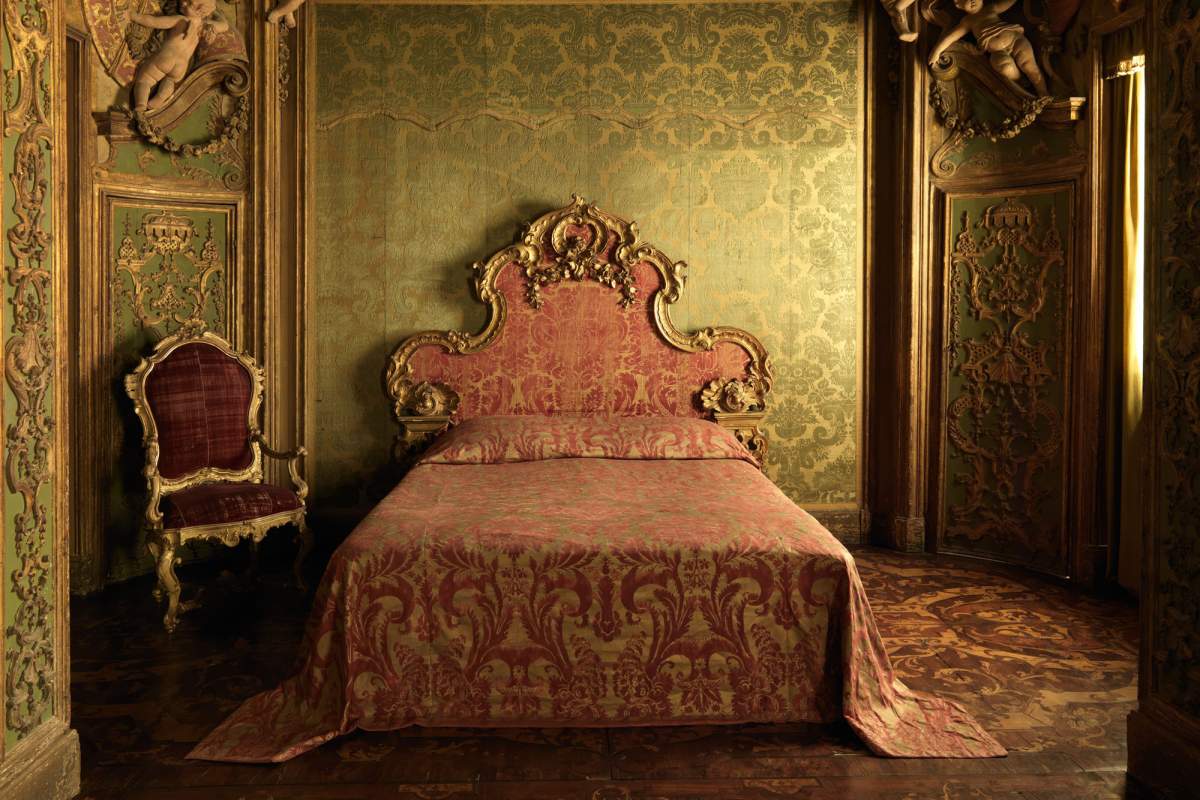
It's pretty easy to feel self-conscious about your sleep habits, especially because it can be so important to your health. Either you sleep too much, too little, or wake up too often. In fact, the typical eight hour uninterrupted sleep is what's really unnatural.
Your Great-Great-Great-Great-Great-Grandmother's Sleep Habits
Until about 200 years ago, most people slept as they had for thousands of years. Since there was no bright source of artificial light, people went to sleep when it got dark.
They'd naturally wake up during the middle of the night for a few hours. Then they'd go back to bed for what was called the morning sleep.
Modern Pre-Historic Sleep
Researchers re-created conditions for pre-historic sleep in a lab. After a few days of going to bed around 8 p.m., subjects began to experience segmented sleep. They'd wake up around one or two, lie in bed quietly for a few hours, and then fall back asleep. Animals in the wild are known to do this as well.
Our world of artificial light and all-night supermarkets has changed the way we sleep. However, in pre-industrial cultures around the world people still sleep in short bursts instead of through the night.
If you're interested in learning more about sleep, click here to read about how a recent discovery that jellyfish sleep is changing some scientists' minds about why animals need sleep. You could also read about how your phone and your computer might be affecting your ability to fall asleep at night (for your first or second sleep).
Sources And Further Reading:
- Ekrich, A. Roger. "Segmented Sleep in Preindustrial Societies." Sleep, Volume 39, Issue 3, 1 March 2016, Pages 715–716, https://doi.org/10.5665/sleep.5558
- Heggarty, Stephanie. "The myth of the eight-hour sleep." BBC Magazine. February 22, 2012. Accessed April 23, 2018.
- Wehr, Thomas. "In short photoperiods, human sleep is biphasic." Journal of Sleep Research. June 1992. https://doi.org/10.1111/j.1365-2869.1992.tb00019.x









